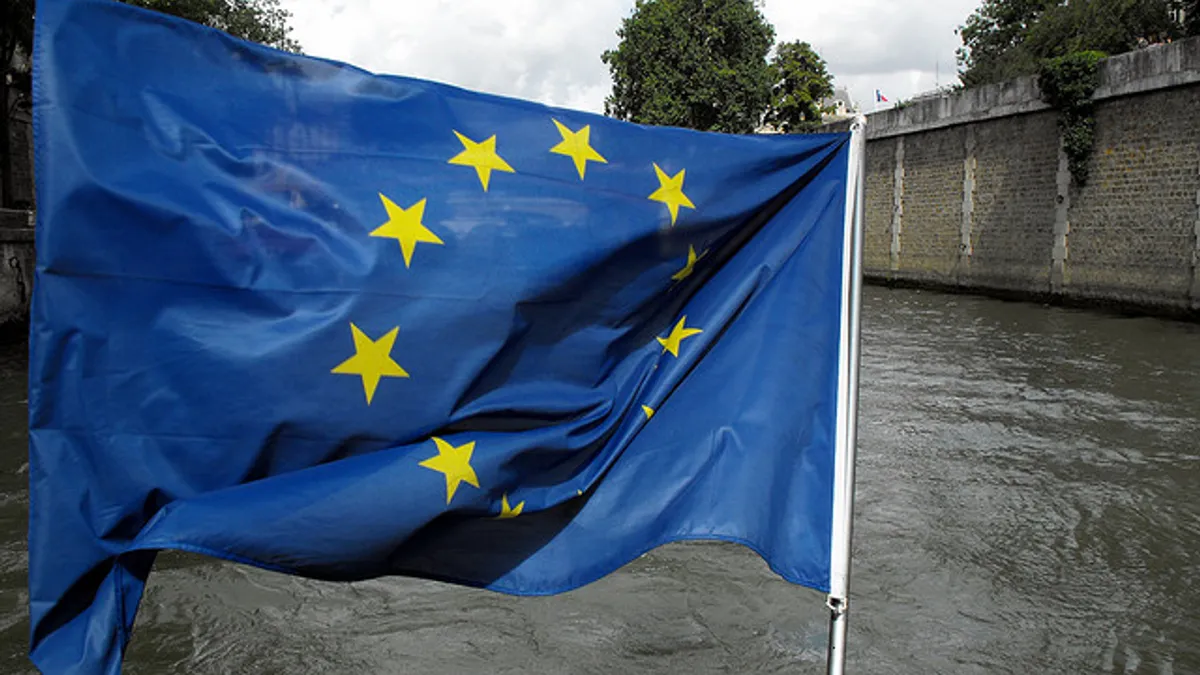Dive Brief:
-
The European Commission has designated a fourth notified body under the forthcoming regulations on in vitro diagnostics, per an official listing in the NANDO database.
-
In a statement published Wednesday, Germany's TÜV SÜD Product Service urged companies to prepare for IVDR now to avoid testing and certification bottlenecks.
-
TÜV SÜD is the first notified body designated under IVDR this year and joins fellow Germany-based firm Dekra Certification and the U.K and Dutch wings of BSI on the small list of bodies cleared to handle IVDR certifications.
Dive Insight:
The Commission processed a flurry of IVDR designations late last year. After making Dekra the first notified body designated under IVDR in October, the Commission authorized BSI units in the U.K. and the Netherlands to certify diagnostics under the regulations by the end of the year. Since then, the flow of IVDR designations has dried up.
TÜV SÜD ended the drought this week. The notified body, which was designated under MDR last year, is now cleared to support the effort to recertify existing IVDs by late May 2022. Industry group MedTech Europe has called for a delay to the implementation of IVDR in light of COVID-19's constraints on manufacturers' preparations for the regulatory overhaul, but so far that pitch hasn't picked up steam in the way the now-finalized delay to MDR did.
The designation of TÜV SÜD follows a push by the company to scale up its IVD capabilities. In a statement, Andreas Stange, vice president of medical and health services at TÜV SÜD, said the notified body has grown its diagnostic team around the world in recent months to support the delivery of IVDR services.
There are reasons to think there will be plenty of work for the expanded IVD team. Estimates on the proportion of IVDs that need to be assessed by notified bodies under the old and incoming rules vary somewhat, but TÜV SÜD’s prediction that the figure will jump from 15% to 90% under IVDR is in the same ballpark as other forecasts.
The prediction suggests the European Union will need far more IVD notified body capacity than in the past. Yet to date, just four of the 22 notified bodies designated under the outgoing directive have received clearance to certify diagnostics under IVDRs, suggesting capacity may actually fall.
At the time of its most recent update in March, the Commission said 14 notified bodies had applied for IVDR designation. Many of those notified bodies were still early in the designation process. Two IVDR notified bodies were at the joint assessment team corrective action plan review stage, putting them a handful of steps away from designation. All the other bodies were earlier in the process.
As TÜV SÜD is the first notified body designated since the March update, it is likely to be one of the two organizations that had advanced as far as corrective action plan review by March. If the other notified body to reach that stage has progressed at a similar pace to TÜV SÜD, the Commission may soon be in a position to designate a fifth notified body under IVDR.











